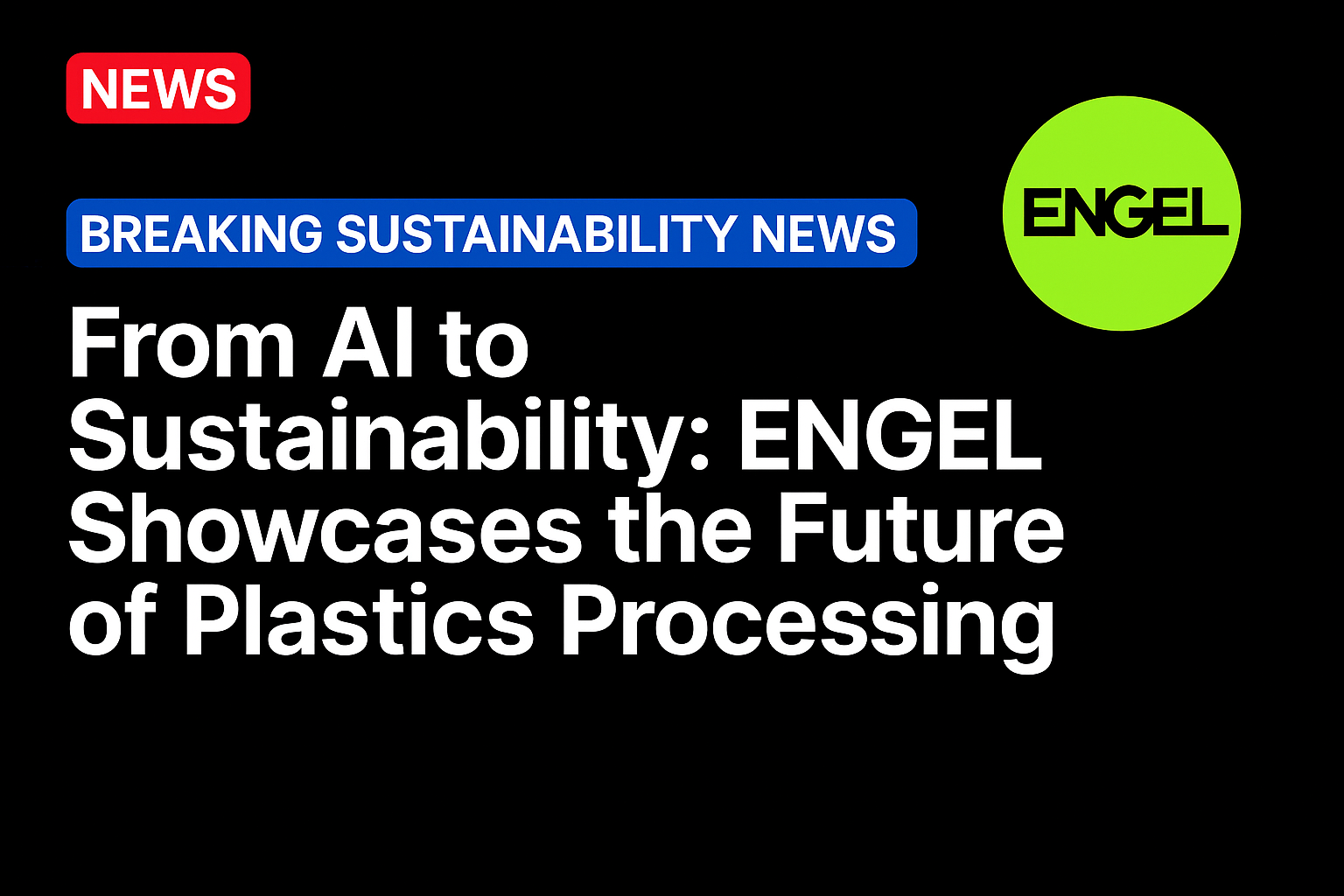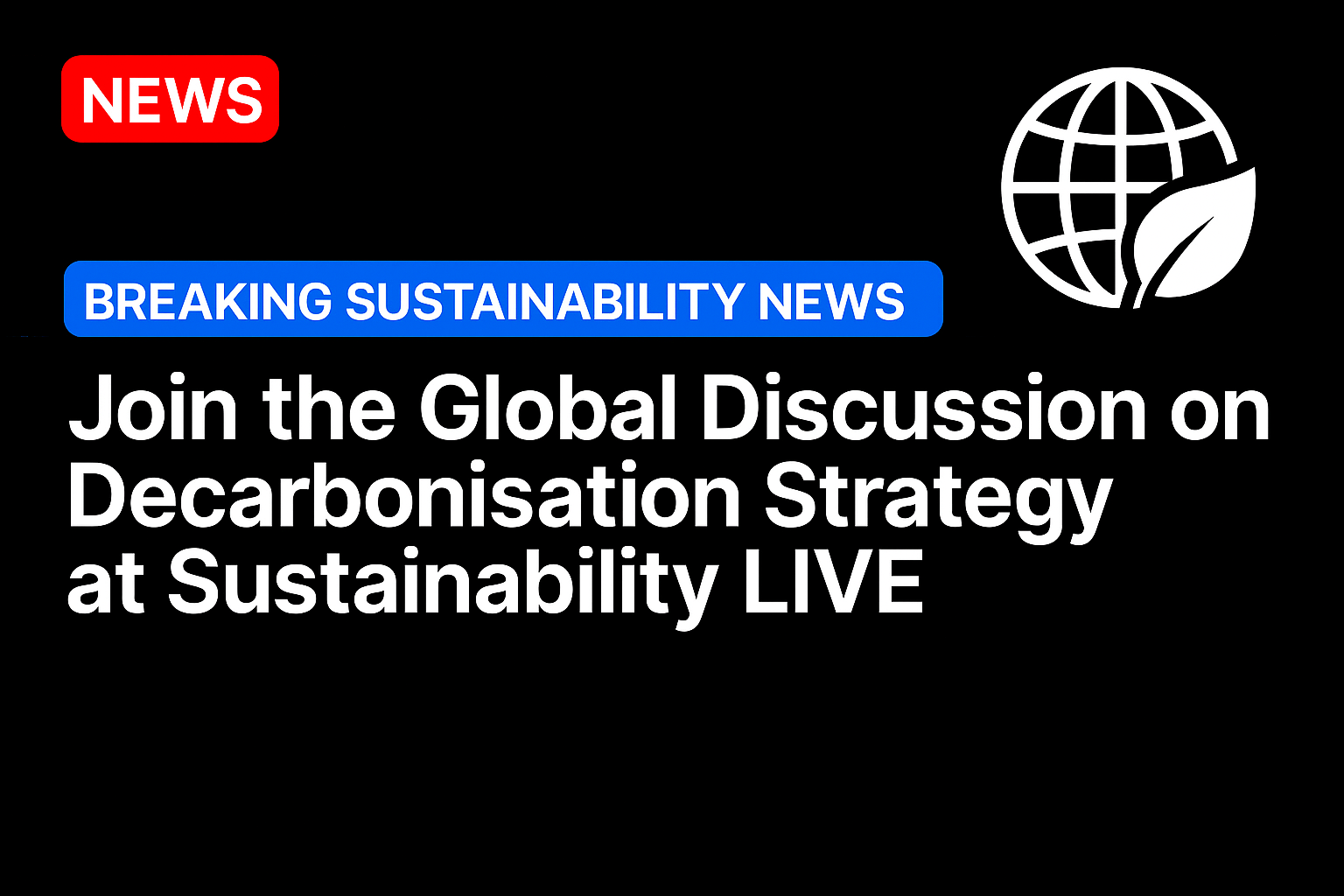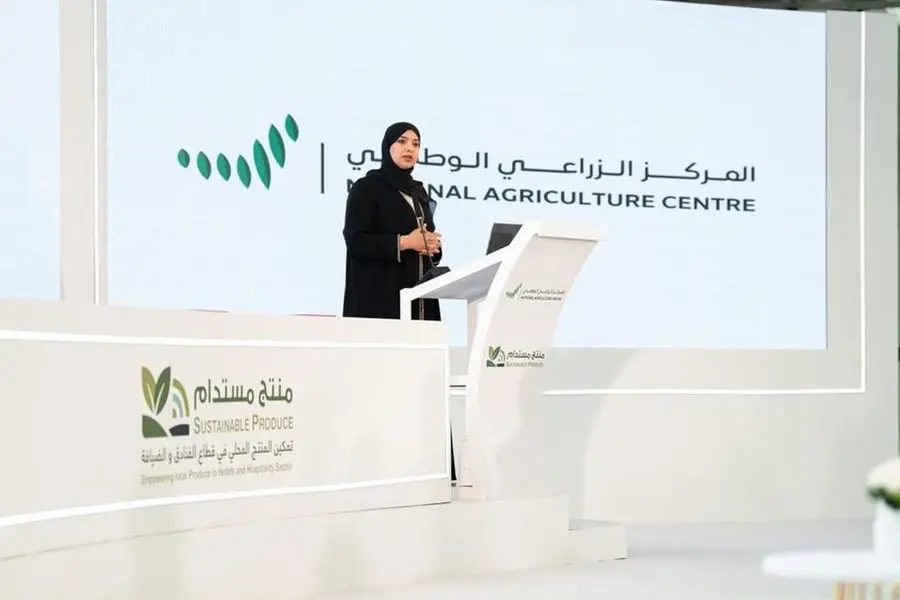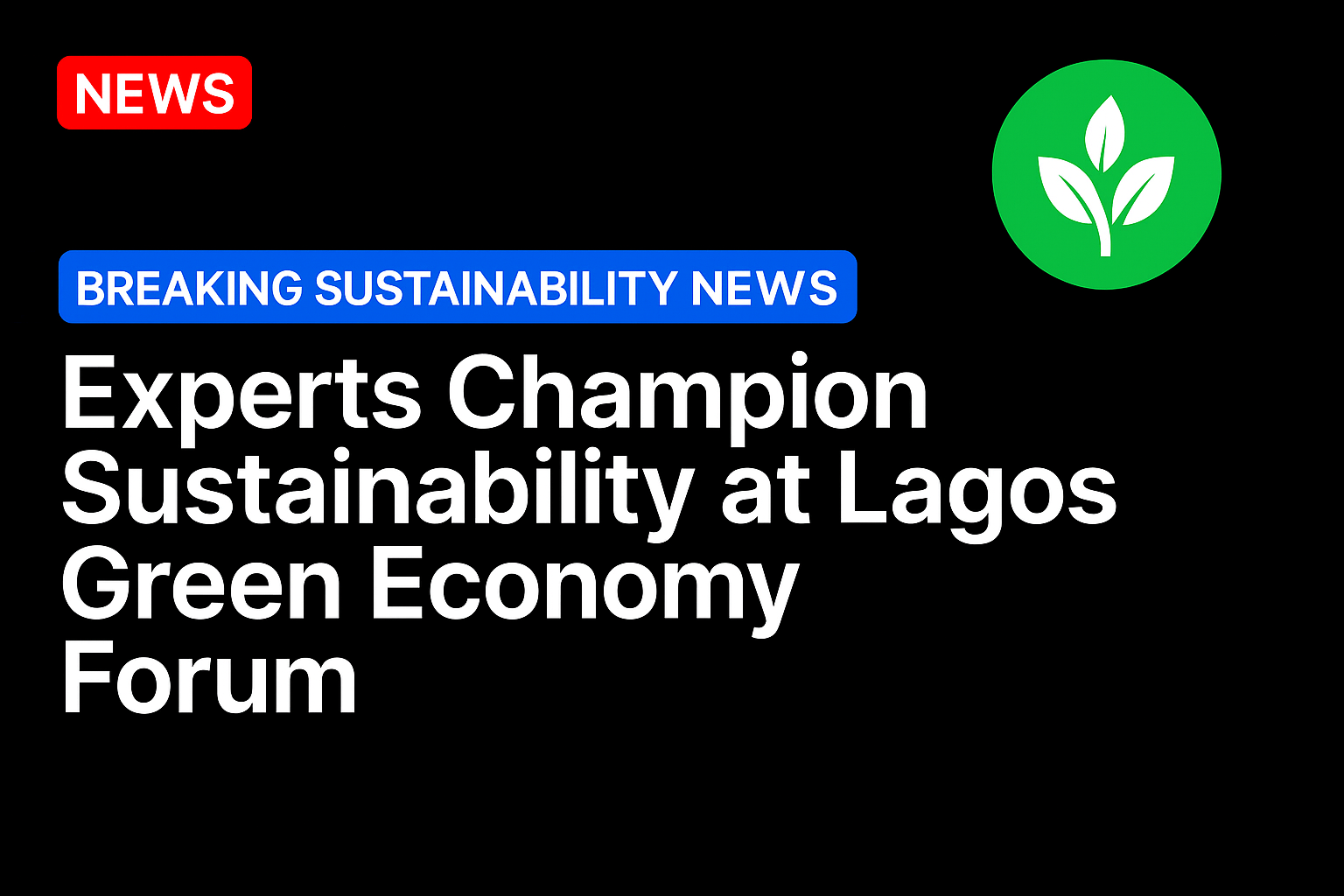Looking Ahead
The global plastics industry is moving toward a future defined by efficiency, sustainability, precision, and digital intelligence. ENGEL’s innovations demonstrate not only how these trends are unfolding but also how technology can provide practical, commercially viable answers.
By focusing on integrated systems, smarter materials use, and AI-driven optimization, ENGEL is helping processors remain competitive in a rapidly changing landscape.
Can’t attend? No problem—our exhibits apply these trends live, and we’re sharing bite-size videos to show exactly how. Explore the links here and our show updates, and if you do make it to K, we’d love to meet you in person. Visit us at K 2025 in Düsseldorf, Hall 15, Booths B42 & C58

‘in-mould coating’ eliminates the need for expensive downstream painting lines: PUR flooding in the ENGEL clearmelt process.
Automotive: Integration of Function and Design
In the automotive sector, design requirements are growing more complex while manufacturers seek to simplify production steps. One way ENGEL is addressing this is through the combination of clearmelt and foilmelt technologies.
- clearmelt uses polyurethane (PU) to flood a surface with a transparent, scratch-resistant protective layer.
- foilmelt injects thermoplastics behind a decorative foil, applying color and pattern in one step.
By combining these processes, rear-end light modules can be produced with both functionality and decoration—eliminating the need for downstream hardcoating. An great example is showcased at the K 2025: On ENGEL’s duo 700 machine with 7,000 kN clamping force, large visible parts (up to 600 × 240 mm) are molded in compact cells with the help of a viper 40 linear robot. The result: reduced cycle times, more efficient production, and greater design freedom.
Another innovation focuses on precision for emerging mobility solutions. Using the insert 150 vertical machine (1,500 kN clamping force), ENGEL demonstrates the fully automated overmolding of liquid silicone rubber (LSR) seals directly onto sensitive gas diffusion layers for fuel cells. With the help of an easix articulated robot and rotary table mold, seals are applied with absolute accuracy in a small footprint—supporting the shift toward alternative drivetrains.
Lightweighting: Plastics Competing with Metals
Lightweighting is no longer just about reducing vehicle weight—it is a cross-industry trend driving efficiency and sustainability. ENGEL is setting benchmarks by combining two of its proprietary processes:
- fluidmelt, which creates hollow plastic structures by controlling gas during injection molding.
- organomelt – composite technology
Together, these technologies produce high-performance parts that are both light and strong. One showcase is a hollow bicycle handlebar molded on a tie-bar-less victory 180 (1,800 kN clamping force) presented at the show. Reinforced with continuous carbon fiber tapes, the handlebar reaches maximum strength at minimal weight with a cycle time of just one minute. Fully automated, the process opens the door for plastics to replace metals in applications requiring durability and safety.
Thin-walled rPET cups show how ENGEL is helping packaging manufacturers meet sustainability targets.
Sustainability: Smarter Use of Materials
Sustainability is now a baseline requirement across industries, and ENGEL is proving how circularity and efficiency can go hand in hand.
On the all-electric e-mac 220 with 2,200 kN clamping force, ENGEL demonstrates the use of 100% post-consumer recyclate (PCR) to produce foamed construction blocks. An optimized mixing screw ensures homogeneity, while iQ weight control plus automatically adjusts switchover points and pressure curves to reduce scrap by up to 50%. The resulting blocks are up to 30% lighter and 10% stronger—ideal for pallets and as substitutes for concrete components.
In thin-walled packaging, ENGEL is addressing regulatory and consumer demand for recycled materials. On the e-motion 420 with 4,200 kN clamping force, yoghurt cups are produced using 30% recycled PET (rPET) and 70% virgin material in a 6+6 stack mold. Through a combination of injection compression molding, iQ motion control, and iQ weight control plus, the process delivers thin-walled cups with excellent repeatability and minimal material use. Importantly, the application complies with the EU Packaging and Packaging Waste Directive 2030 and illustrates a viable alternative to thermoforming, eliminating trimming waste and upstream film production.

ENGEL’s latest tie-bar-less electric machine debuts with new design benefits and enhanced efficiency.
Technical Molding: Efficiency Through Tie-bar-less Design
The challenge of producing large, complex molds often comes down to space and energy costs. ENGEL’s next generation of victory electric tie-bar-less machines addresses this by enabling large molds to run on comparatively smaller machines.
This design eliminates tie-bars, allowing unobstructed mold access and better support for large-volume core pulls. The result is faster mold changes, smaller footprints, and lower investment costs. Cycle times can be as fast as 23 seconds, with automation—including dual easix robots—seamlessly handling downstream tasks such as seal insertion.
By simplifying the clamping unit while maximizing performance, ENGEL is driving a trend toward more flexible and efficient technical molding
Digital Intelligence: Toward Self-Optimizing Machines
As production grows more complex, digital intelligence is becoming essential. With inject AI, ENGEL is taking its inject 4.0 program to the next level, integrating artificial intelligence into many new and existing products. This marks a major step toward self-optimizing machines.
One core feature is the iQ process observer, which monitors up to 1,000 parameters per shot, detects deviations in real time, and provides AI-driven correction suggestions. By continuously learning from all connected machines, the system improves quality, efficiency, and scrap reduction across entire production networks.
ENGEL is also integrating AI into its e-connect portal. With machine-specific guidance available 24/7 in multiple languages, operators can quickly troubleshoot and minimize downtime.
Crucially, ENGEL emphasizes that AI complements, not replaces, human expertise. Adaptive assistance systems reduce operator workload, stabilize processes, and help bridge the skilled labor gap—bringing the industry closer to the vision of fully self-regulating production.
Source: https://www.plasticsnews.com/




